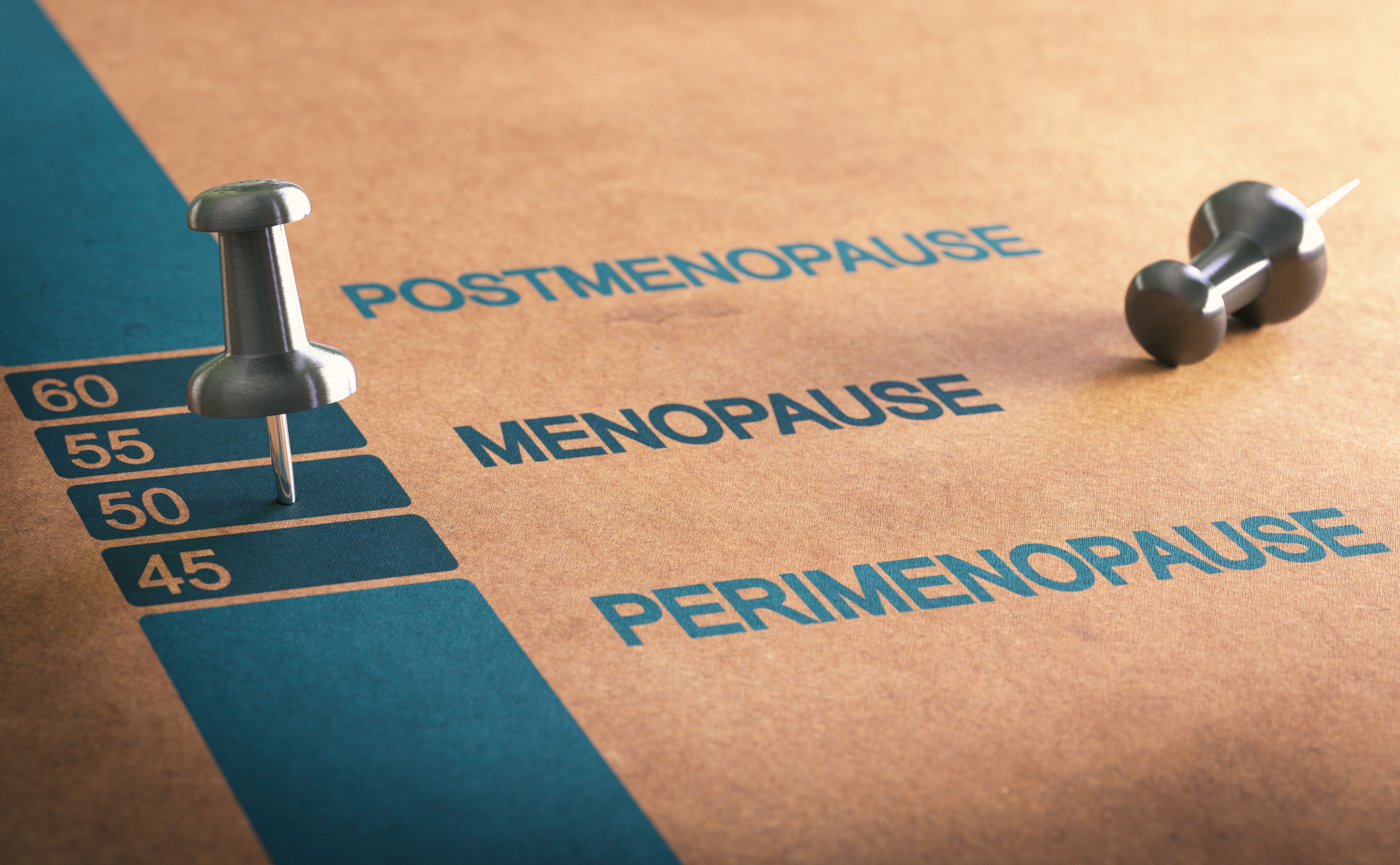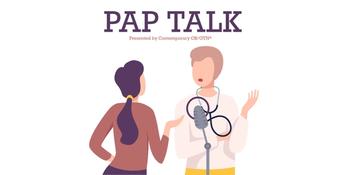
Menopause
Latest News
Latest Videos

Shorts
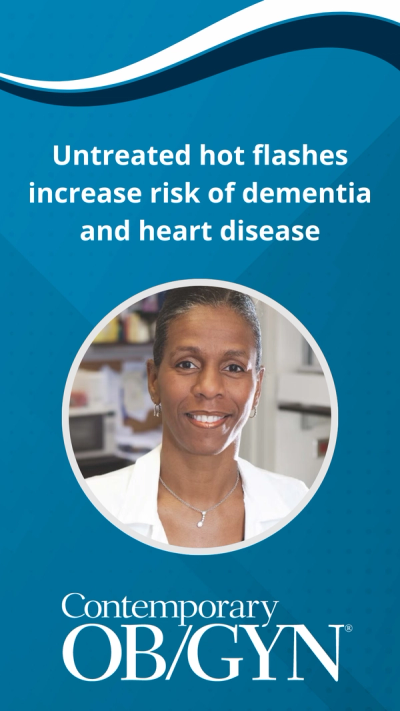
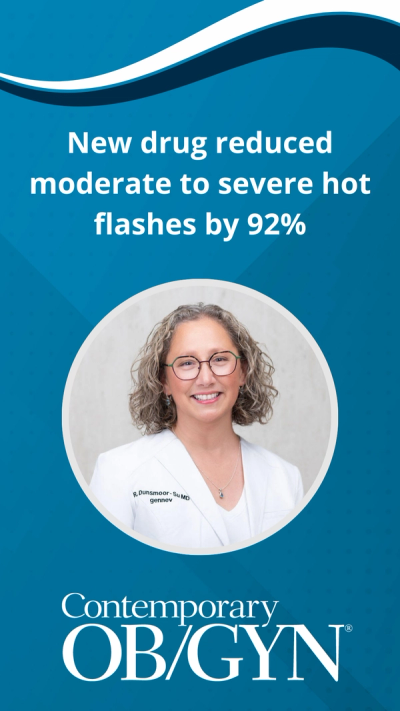





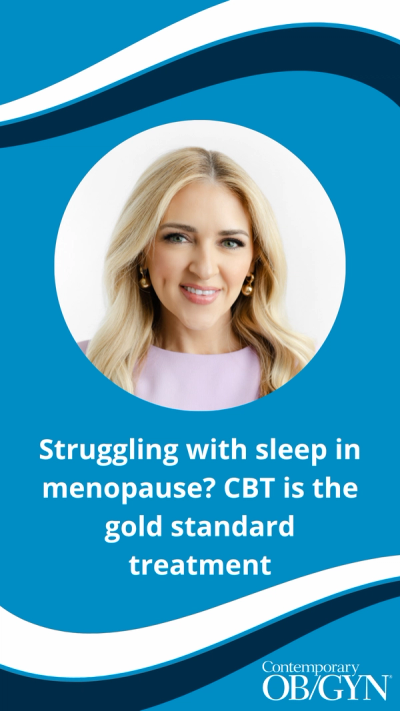
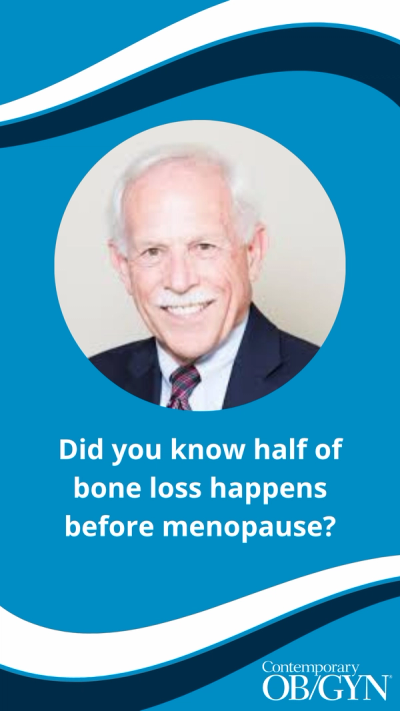

Podcasts
CME Content
More News

A study found no clear evidence that menopause hormone therapy increases or reduces dementia risk.
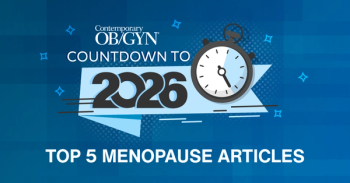
Check out the 5 biggest menopause stories of 2025, and review best practices.

Recent FDA approvals and emerging research highlight how neurokinin receptor antagonists are expanding nonhormonal options for managing vasomotor symptoms.

Review some of the top stories from the Contemporary OB/GYN website over the past week and catch up on anything you may have missed.

Review some of the top stories from the Contemporary OB/GYN website over the past week and catch up on anything you may have missed.

A US study of women over 60 found that frequent sex toy use during masturbation was strongly associated with higher orgasm frequency.

A study found self-guided hypnosis delivers greater reductions in hot flash frequency and interference than a sham control.

Review some of the top stories from the Contemporary OB/GYN website over the past week and catch up on anything you may have missed.

Study finds trouble sleeping, sleep apnea, and short or long sleep duration are linked to higher odds of hypertension in postmenopausal women.

Survey reveals nearly 40% of women feel misdiagnosed during perimenopause, highlighting critical gaps in women's health care and treatment approaches.

Higher waist-to-hip ratio was linked to poorer cognitive performance in early postmenopause, though it did not alter hormone therapy effects.

FDA updates labeling for menopausal hormone therapy, removing broad boxed warnings and adding guidance for younger symptomatic patients.

A study found that taking as few as 4000 steps per day on just 1 to 2 days each week significantly reduces mortality in women aged 62 years and older.

Review some of the top stories from the Contemporary OB/GYN website over the past week and catch up on anything you may have missed.

Explore innovative menopause management strategies for BRCA carriers, including testosterone therapy, to alleviate symptoms and enhance quality of life.

Research at The Menopause Society 2025 meeting highlighted safety, education, and individualized care in menopause management.

The updated guideline offers evidence-based recommendations for diagnosing and managing menopause.

Experts discuss how neurokinin receptor antagonists offer rapid, durable, and nonhormonal relief for vasomotor symptoms, reshaping menopause care.

Experts discuss neurokinin receptor drugs, CBT, and lifestyle tools for managing vasomotor symptoms, emphasizing innovation and evidence-based care.

Experts discuss contraindications to hormone therapy and evolving care for women with early or surgical menopause, emphasizing individualized treatment.

Experts review updated VMS treatment guidelines and stress shared decision-making to personalize hormone and nonhormone therapy options.

Experts emphasize normalizing menopause discussions early to reduce stigma and improve communication in both clinical and workplace settings.

Experts discuss how culture, stigma, and inequities shape menopause care and leave many women without adequate symptom management.

Experts highlight education, equity, and access gaps in vasomotor symptom care, calling for stronger clinician training and awareness.

Experts discuss updates in the management of vasomotor symtpoms in menopause, including unmet needs, quality of life impacts, and new therapies.



